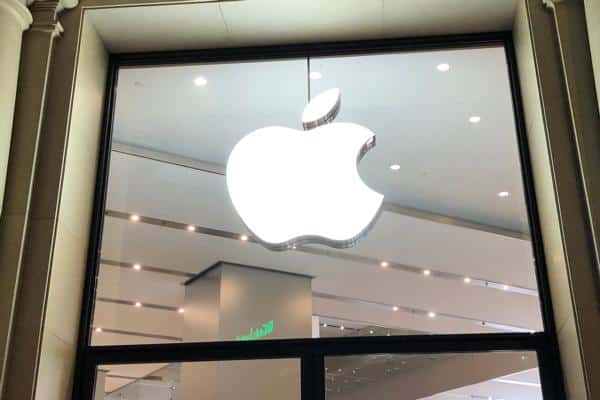Apple and investment bank Goldman Sachs are planning to roll out a Buy now, pay later (BNPL) service as part of Apple Pay, allowing users to buy in interest-free instalments from the Apple Pay app. However, the news comes as analysts warn that UK shoppers are racking up growing debt using these services.
The upcoming Apple Pay service is expected to allow consumers the option to either pay for their purchase across four interest-free instalments through the “Apple Pay in 4” offering, or across several months with interest through the “Apple Pay Monthly Instalments” offering.
Although Apple and Goldman already work together in offering the Apple Card, the new offering will not be tied to the card and will be available for online and in-store purchases when using Apple Pay.
The interest rates the offerings plan to charge were not reported, but at least some plans are expected to exclude late fees and processing fees. Users will, however, need to be approved through an application submitted through the iPhone’s Wallet app and submit a copy of their local ID to apply for the program, but the service will not require a credit check for applications.
According to Sanjay Sakhrani at analyst firm KBW: “The entry into the Buy Now, Pay Later space by Apple is one that is likely negative for the existing players given the company’s reach and placement in the checkout process.”
Within KBW’s coverage space, it clearly pits Apple with the likes of PYPL and ADS, both of which have their own unique aspects in the distribution and origination of these loans. Price is going to be a critical component of the strategy, and at this point it is unclear to Sakhrani the method that Apple will use to sign up merchants, as well as the price point. Each of those points will have a significant impact on the relevance of Apple in this space.
Consumers running up debt
The news of Apple’s foray into BNPL comes as personal finance experts at money.co.uk warn that the typical BNPL user owes £244.37 and can take an average of nine months to repay, up from £232.29 per person in 2020.
The Shop Now, Stress Later report also found that young shoppers were found to be particularly susceptible to the marketing tactics of BNPL brands. One in eight (13%) 18-24 year olds highlighted social media influencers in their decision to shop now and pay later. This figure is up by a quarter (+26%) when compared to the data from 2020.
18-24 year olds are more likely to use BNPL schemes (54%) than a credit card (49%) as the marketing tactics employed by BNPL brands entice younger shoppers.
BNPL platforms expect payment after an average of 49 days (depending on the individual 0% interest repayment product), but the research reveals that the average consumer said it took them 261 days to pay – an additional 186 days in debt.
In contrast to 2020’s report, mental health overtakes finances as the biggest current concern in the lives of shoppers, with more than a third (35%) admitting they were worried about their mental wellbeing.
James Andrews, senior personal finance editor at money.co.uk, says: “Despite Buy Now Pay Later schemes like Klarna, Clearpay and Zilch offering consumers a quick and easy payment option, for some they may be an entry point into a world of potentially damaging debt. Our research shows that BNPL providers’ youthful marketing appeal and use of social media influencers, continue to encourage shoppers to sign up and potentially spend more than they can realistically afford.”
He continues: “As with any forms of debt, it’s important to fully understand the risks associated before committing yourself to any kind of contract or agreement. A failure to do so could easily spiral into a cycle of debt you cannot get out of. Customers tempted to use BNPL schemes should take note of all terms and conditions and make sure they understand how much they’ll be repaying and when. Shoppers who make their repayments on time are unlikely to run into any issues, however impulse spenders and those purchasing more than they can reasonably afford may be putting themselves at risk.”







